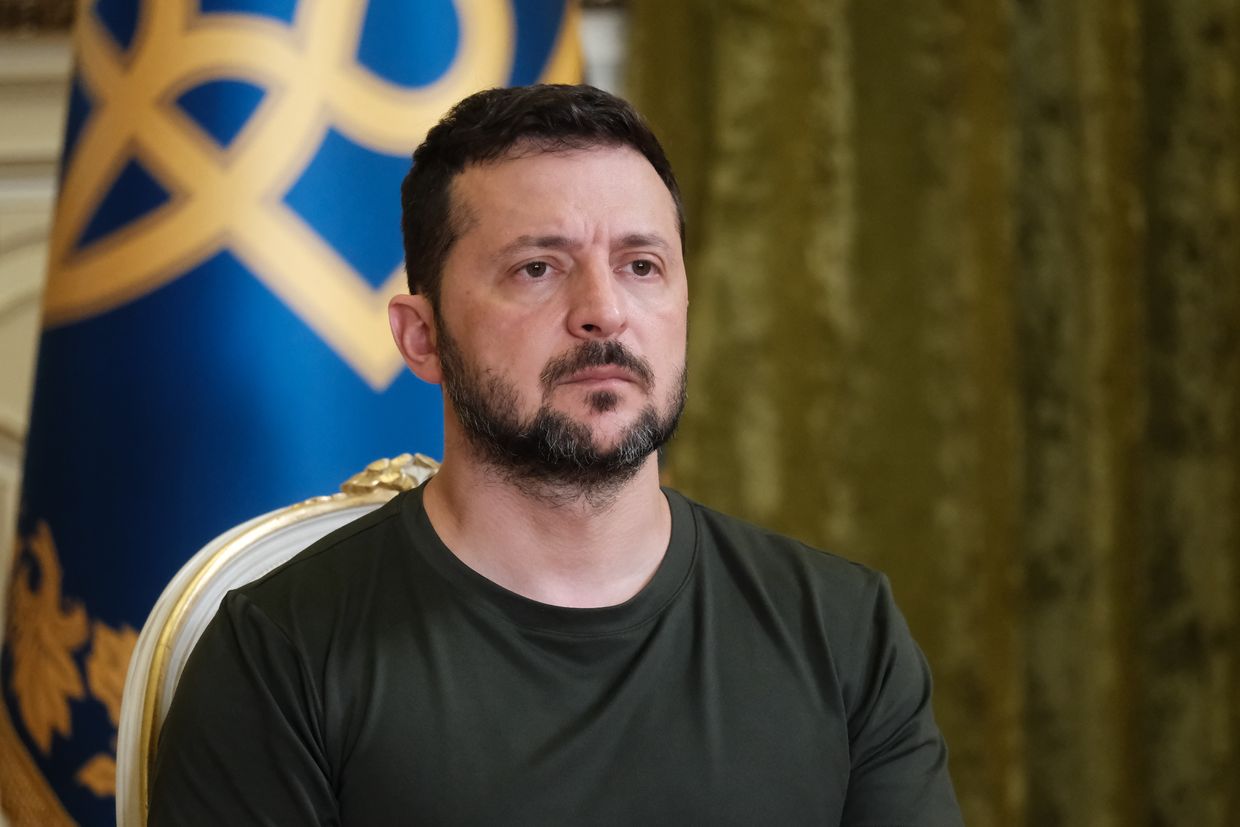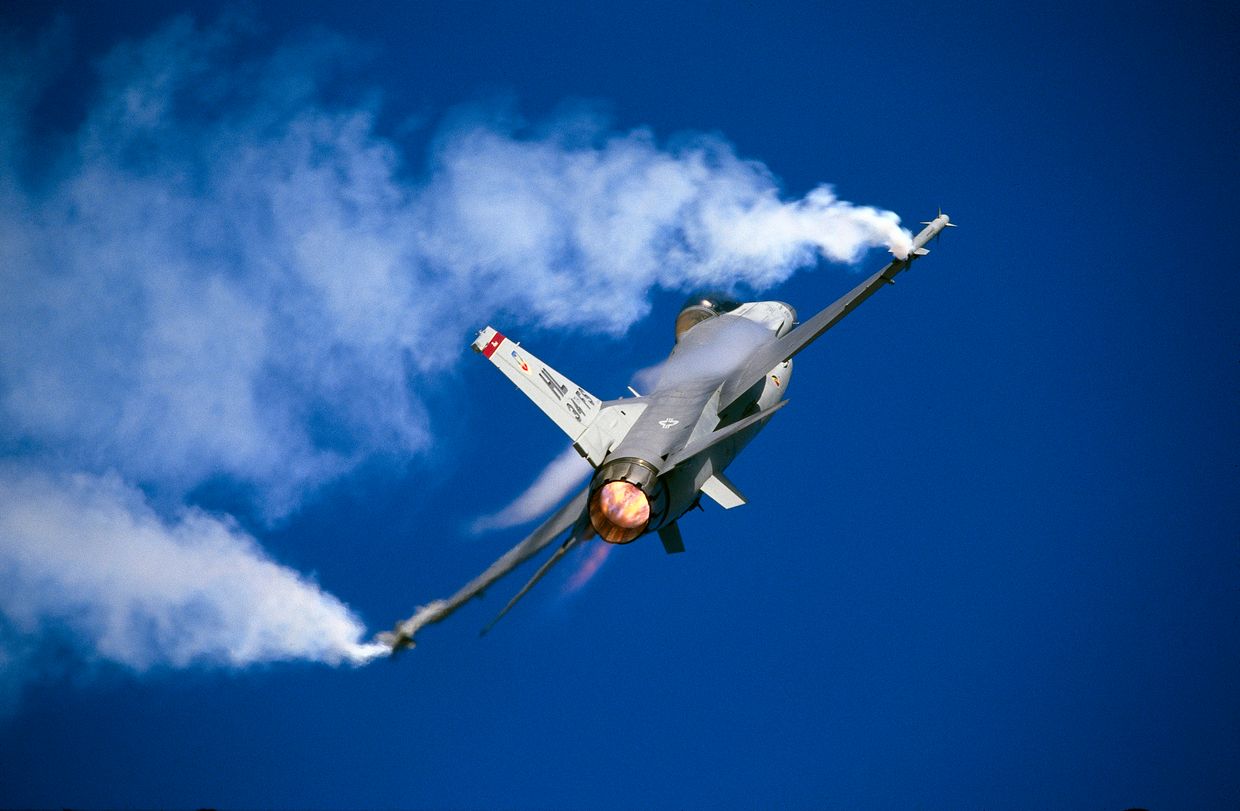West must 'let go' of 'irrational fears' of escalation with Russia, FM Kuleba says

Western allies need to "let go" of their fears of escalating conflict with Russia and give Ukraine the assistance it needs to end the full-scale war, Foreign Minister Dmytro Kuleba said in a Q & A on Reddit on July 19.
Key allies, such as the United States and Germany, have repeatedly cited the threat of escalation as a reason to withhold long-range weapons or authorization to use foreign weapons to strike military targets within Russia.
"Over the last two and a half years, nothing has harmed Ukraine's war effort more than the concept of 'controlled escalation,'" Kuleba said in a Reddit "Ask Me Anything" session.
Kuleba described the fear of escalation as "irrational" and said that evidence indicates that greater military support for Ukraine has not led to escalations with Russia.
"Everyone needs to finally let go of this fear. Putin does not require any reasons to escalate. ... Instead, we must take the initiative and make Putin fear our next move, not the other way around."
Kuleba was straightforward about the type of assistance that would accelerate Ukraine's path to victory over Russia.
"A sufficient number of Patriot batteries, a sufficient number of F-16 jets, a sufficient amount of artillery ammunition, and sufficient freedom to target legitimate military targets in Russia," he said when asked what Kyiv needs to win the war.
Kuleba addressed a number of topics in the Q & A, including military aid, the 2024 U.S. presidential election, Polish-Ukrainian relations, Ukraine's accession to NATO and the European Union, and historical Russian imperialism.
Regarding the future of U.S. aid to Ukraine, Kuleba said Kyiv offers "the best deal U.S. can get in the world" in terms of its military investment.
Any White House administration should bear in mind that Ukraine is transparent about its use of weapon and is rapidly accelerating domestic defense production to reduce dependency on foreign aid, he said.
These remarks were in part a response to questions about how a second term for former U.S. President Donald Trump would affect Washington's support for Kyiv.
"We will work with any administration that emerges from the American people's vote in November," Kuleba said.
Kuleba also offered a historical perspective on Russia's full-scale invasion and the role of U.S. intervention. He referred to the Budapest Memorandum, the 1994 agreement in which Ukraine voluntarily gave up its nuclear arsenal in exchange for security guarentees, as "a strategic mistake."
"Looking back, it is clear that Russia, rather than Ukraine, should have been disarmed after the Cold War ended," he said.
"I could argue the U.S. owes us support today for stripping us of our nuclear defense shield years ago, but I guess that doesn't sell."
Kuleba said that a historical understanding of Russia's imperialist ambitions in Ukraine is critical.
"This war did not begin in 2022, not even in 2014. Its roots are much deeper, and if you dig deeper, you will find that it stems from Russia's imperial attitude toward other nations, particularly those in its neighborhood," he said.
"Many policy mistakes could have been avoided if our partners had not looked at Ukraine through the lens of Russia."













